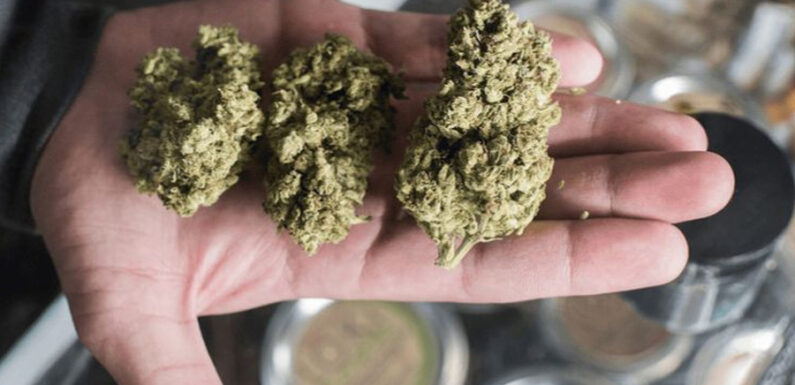
Vancouver’s youth are playing a pivotal role in shaping the future buying of cannabis, influencing policy, research, and community initiatives. Their active engagement is fostering a more informed and responsible approach to cannabis use, reflecting a shift towards harm reduction and evidence-based practices.
Policy Advocacy and Education
Young advocates in Vancouver have been instrumental in promoting sensible drug policies that prioritize health and safety. Organizations like the Canadian Students for Sensible Drug Policy (CSSDP) have highlighted the need for youth-inclusive approaches to drug policy reform. In a 2021 blog post, CSSDP emphasized the importance of involving young people in discussions about decriminalization and harm reduction strategies, noting that youth are often disproportionately affected by punitive drug laws.
Educational initiatives have also been tailored to address the specific needs of young people. The Vancouver School Board’s “Cannabis Corner” provides resources for students, parents, and educators to facilitate informed conversations about cannabis use. These efforts aim to equip youth with accurate information, enabling them to make responsible decisions regarding cannabis consumption.
Research Contributions
Youth involvement in research has been crucial in understanding the nuanced relationship between cannabis use and health outcomes. The BC Centre on Substance Use (BCCSU) has conducted studies focusing on young people’s experiences with cannabis. One such study found that some youth use cannabis as a form of harm reduction, helping them reduce or cease the use of more harmful substances. This research underscores the importance of considering youth perspectives in developing effective harm reduction strategies.
Additionally, the development of the Lower-Risk Cannabis Use Guidelines (LRCUG) for Youth involved significant input from young individuals. These guidelines offer practical advice to minimize potential harms associated with cannabis use, reflecting the lived experiences and insights of youth.
Community Initiatives and Harm Reduction
Vancouver’s youth have been at the forefront of community-based harm reduction initiatives. The Vancouver Cannabis Substitution Project, for example, provides cannabis as a safer alternative to more dangerous substances, aiming to reduce overdose deaths and other harms associated with illicit drug use. This project highlights the proactive steps taken by young people to address substance use issues within their communities.
Furthermore, workshops and training sessions have been organized to educate both youth and adults about cannabis policies and safety. Events like the “Cannabis Policy and Youth Safety Workshop” bring together community members to discuss regulations and strategies to protect young people. These collaborative efforts demonstrate the commitment of Vancouver’s youth to fostering a safer environment for cannabis use.
Influence on Policy Development
The active participation of youth in policy discussions has led to more inclusive and effective cannabis regulations. In British Columbia, the government’s approach to drug policy has evolved to incorporate harm reduction principles, partly due to advocacy from youth-led organizations. The Four Pillars Drug Strategy, implemented in Vancouver, balances prevention, treatment, harm reduction, and enforcement, reflecting a comprehensive approach to substance use that considers the needs of young people.
Challenges and Future Directions
Despite these advancements, challenges remain. Stigma surrounding youth cannabis use persists, and access to accurate information is not uniform across all communities. Moreover, the rapid changes in cannabis legislation require continuous adaptation and education to ensure that young people are well-informed about their rights and responsibilities.
Looking ahead, it is essential to maintain and expand youth engagement in all aspects of cannabis policy and practice. This includes providing platforms for young voices in policy-making processes, supporting youth-led research initiatives, and ensuring that educational resources are accessible and relevant. By doing so, Vancouver can continue to lead in developing a cannabis culture that is informed, responsible, and inclusive.
In conclusion, Vancouver’s youth are not merely passive recipients of cannabis policies but are active contributors shaping its future. Through advocacy, education, research, and community engagement, they are fostering a more nuanced and health-focused approach to cannabis use. Their efforts are paving the way for policies and practices that prioritize well-being and reflect the realities of young people’s lives.

